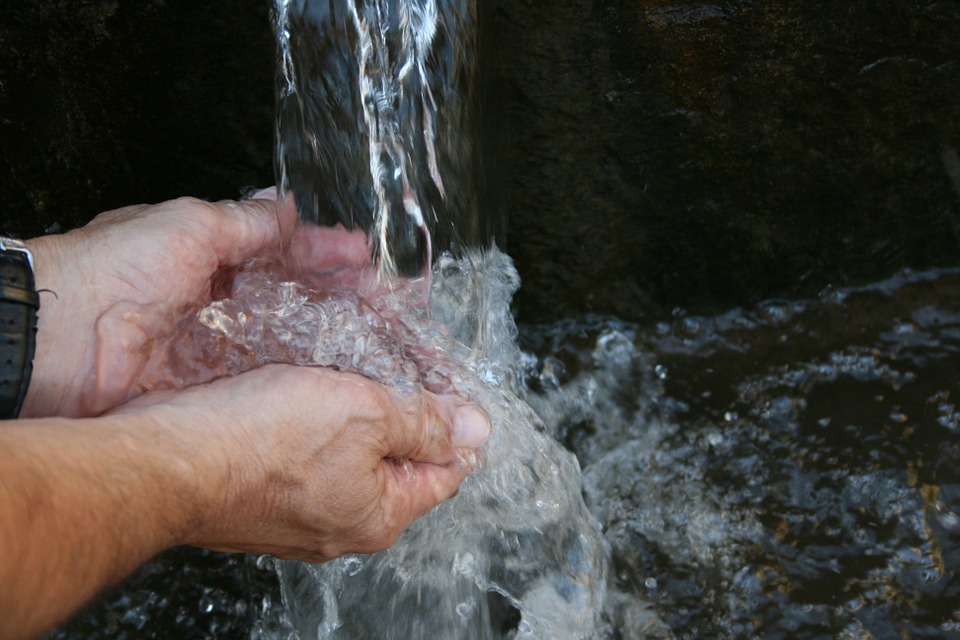World Water Day, marked on 22 March, is an opportunity to underline that the right to water— meaning access to water for drinking and food preparation, as well as for personal hygiene, sanitation, and drainage—is one of the fundamental prerequisites for enabling a dignified life for every person.
The Right to Water as a Human Right
According to United Nations data, 2.2 billion people around the world still lack access to safe water to meet their basic physical needs, even though as early as 2010 the UN recognised the right to safe and clean drinking water and sanitation as a human right. Four billion people—almost two-thirds of the world’s population—face water scarcity for at least one month a year, and by 2025, nearly half of the global population could be living in areas experiencing water stress.
One of the main goals of World Water Day is to support the achievement of UN Sustainable Development Goal 6, which aims to ensure access to safe drinking water and adequate sanitation for all by 2030.
Reform of the Water System
Croatia is currently undergoing a reform of the water sector, primarily through the integration of public water service providers, which will take over local waterworks with the aim of ensuring balanced development of water services and public water utility infrastructure across the entire country. Such progress cannot be achieved through isolated development in just one area to the detriment of underdeveloped regions that currently fall under no existing public service provider and which, due to geographic and other conditions, remain isolated, depopulated, and neglected. At the same time, this should also ensure better access to safe drinking water for all citizens, regardless of which part of the country they live in— something that is not currently the case.
According to data from the Ministry of Economy and Sustainable Development, in 2023, 6% of the population in the Republic of Croatia was not connected to the public water supply system. In the earthquake-affected areas, that number rises to around 10%, meaning these individuals rely on local water systems or individual supplies such as wells, cisterns, and similar sources. This poses a health risk, as the water is distributed without treatment or disinfection.
As for improving access to drinking water in the earthquake-affected area of Sisak-Moslavina County, data from the Red Cross show that 537 wells were cleaned in the past year—some multiple times due to poor groundwater conditions caused by the earthquake. This has improved the quality of water available to residents in the area, and there remains strong interest in well remediation, with around 500 applications currently being processed. Post-earthquake remediation has also contributed to a reduction in water losses in the county’s water supply system, but at the national level, water losses remain high—around 50%—highlighting the need for continued comprehensive renovation of the entire system.
Unfortunately, 42% of the population still does not have access to the public sewerage system and rely on septic or holding tanks. Since a public sewerage system is essential for protecting both human health and the environment, this issue must be considered a priority—especially in tourist areas where, during the tourist season, the system is significantly overburdened.
Enshrining the Right to Water in the Constitution
To ensure access to water for all people in Croatia to the greatest extent possible, the Ombudswoman has for years advocated for the inclusion of the right to water in the Constitution of the Republic of Croatia, as a standalone right. Naturally, it is inseparable from other rights that guarantee a healthy and dignified life. The state is obliged to enable universal access to water and sanitation services for all, without discrimination.
Defining the right to water as a constitutional right is important to ensure everyone has guaranteed access to safe drinking water and sanitation at the constitutional level. It would also help ensure the availability of water supply services, which is especially important in the context of climate challenges, droughts, floods, and other disasters, as well as the energy crisis and inflation.
The Ombudswoman will provide further details on this issue to the Croatian Parliament by the end of March through the 2023 Human Rights Report. For more on earlier recommendations, please see the Ombudswoman’s Annual Report, and for challenges in the protection of water as part of the environment, refer to the Ombudswoman’s Special Report on the Right to a Healthy Life and Climate Change in Croatia.





